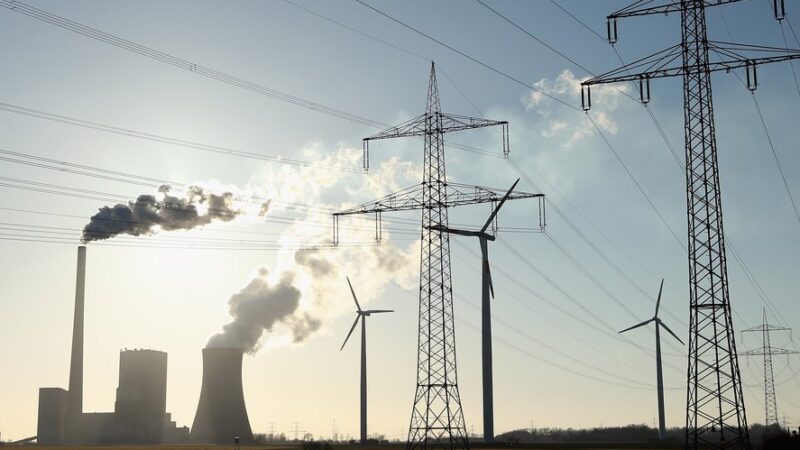California’s goal of decarbonizing the state’s energy sector by 2045 requires an accompanying strategic approach to the decommissioning of the extensive gas infrastructure, currently comprising over 11 million meters and spanning more than 100,000 miles.
As the volume of gas traveling through California’s gas delivery system declines in response to the state’s adopted decarbonization objectives and air quality policies, there are pressing questions and decisions about how to manage the existing gas network; not only ensuring that the benefits of the state’s objectives are fairly distributed, but also that the societal costs and burdens to remaining gas customers are minimized.
Decommissioning processes must be implemented in a manner that is safe, intentional, environmentally just, and cost-effective. The California Energy Commission (CEC) has funded DNV GL, UA and CCSC to development of a statewide data-driven tool to assist state agencies, local governments, investor-owned utilities, and stakeholders in assessing the technical, social, and economic feasibility of decommissioning specific segments of the gas distribution system, prioritizing equity and community interests and needs. The tool focuses on three main categories: gas assets, decommissioning readiness, and community impacts. The UCLA project team is collaborating with stakeholders to identify relevant variables and data types, quantify these factors, and develop a scalable approach for prioritizing decommissioning sites.
The tool is focused on three decision-making areas to meet the key priorities of decommissioning: (a) assessment of gas assets (e.g., physical condition, age), (b) assessment of decommissioning readiness (e.g., how ready is the state’s infrastructure for alternatives to gas such as clean energy, heat pumps), and (c) assessment of community impacts.
To form an understanding of communities needs and interests beyond the statistical data and ensure that they have a meaningful voice in the gas decommissioning decision-making process, the DNV-UCLA team is conducting a community and stakeholder engagement process to include as much representation of California communities as feasible. This involves hosting community workshops and conducting place-based case studies with community-based organizations to more closely examine the unique characteristics of California communities and the equity implications of gas pipeline decommissioning.
More information can be found on the Mindful Gas Decommissioning Community Resource Hub.

